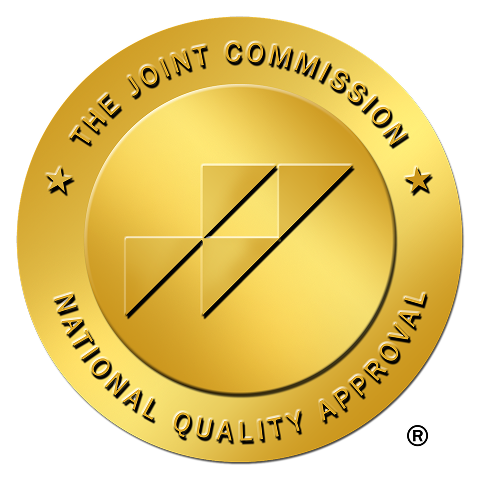Trauma and PTSD Treatment at Overstory Health
Trauma overwhelms an individual’s ability to cope after distressing events, causing lasting emotional effects. Post-traumatic stress disorder, PTSD, triggered by trauma, includes flashbacks, nightmares, and hypervigilance, affecting 7% and impairing daily life and relationships.






Acute trauma
A single, overwhelming event such as an accident, assault, or natural disaster.
Chronic trauma
Repeated or prolonged exposure to traumatic events.
Complex trauma
Exposure to multiple or long-term traumatic events, such as ongoing abuse or living in a war zone.
Vicarious trauma
Trauma experienced indirectly, often by caregivers or professionals who witness or hear about others' traumatic experiences.
Developmental trauma
Trauma experienced during critical developmental periods, such as childhood, that affects emotional and psychological growth.
Secondary trauma
The emotional distress experienced by someone close to someone who has been traumatized (e.g., a family member).
Comprehensive Care Tailored to Your Needs
Our programs, known as Intensive Outpatient (IOP) and Partial Hospitalization (PHP) Programs, offer an intermediate level of care best suited for those in need of greater support than standard weekly therapy but without requiring a hospital stay. We provide:


Our Approach to Intensive Therapy
Overstory offers expert-reviewed, flexible, and compassionate mental health care tailored to individual needs, with personalized goals and whole-person support.


The Overstory clinical model has been reviewed by a multi-disciplinary team of clinician experts at McLean Hospital.

We offer both in-person and virtual treatment for those in our care, giving you the flexibility to choose what's right for you and your schedule.

Each one of our clients is consulted about individual needs outside of chronic mental health challenges to ensure whole-person care.

We work with you to set treatment goals and monitor your progress, but we recognize that "success" isn't one-size-fits-all. We’re here to define success together.
Frequently Asked Questions
Trauma and PTSD are caused by experiencing or witnessing single or recurring life-threatening or deeply distressing events, such as abuse, accidents, natural disasters, or combat, which overwhelm a person's ability to cope and function.
Trauma is common, with about 70% of adults experiencing at least one traumatic event in their lifetime, and PTSD affects about 6% of the population at some point.
Through evidence-based individual therapy, facilitated group therapy, medication management, and a non-judgemental environment, Overstory’s programs treat trauma and PTSD.
An Intensive Outpatient Program (IOP) can help treat trauma and PTSD by providing structured treatment with multiple weekly sessions, focusing on individual therapy, group support, and skills development. It offers a more intensive level of care than regular outpatient therapy but allows participants to live at home and continue with daily activities.
A Partial Hospitalization Program (PHP) helps with trauma and PTSD by providing intensive therapy and support, including individual and group sessions, to address symptoms, improve coping skills, and promote stability. It offers a structured environment during the day while allowing individuals to return home in the evenings, promoting recovery without the need for 24/7 inpatient care.
Experiencing setbacks, significant events, or even traumatic experiences do not necessarily mean you will develop PTSD. Stress reactions are normal when you have experienced something challenging, frightening, or life-altering. PTSD occurs when the stress develops into severe, long-lasting symptoms that are emotional, psychological, and physiological.
Healing from traumatic experience(s) is different for each individual. With intensive programming, people can start to experience relief in as little as 2-6 weeks. Duration in Overstory’s programming will depend on individual needs but is expected to last two to six weeks.

